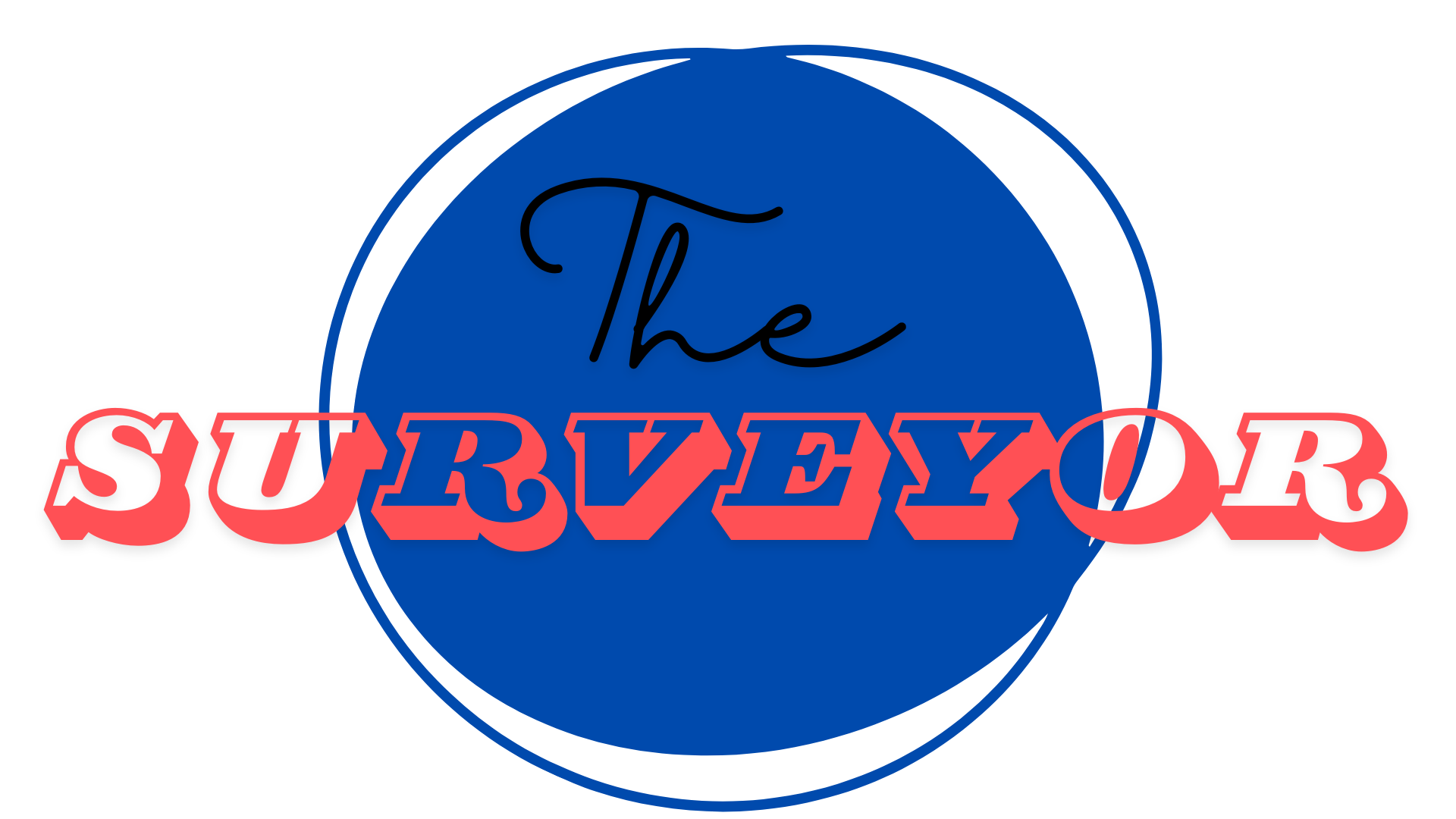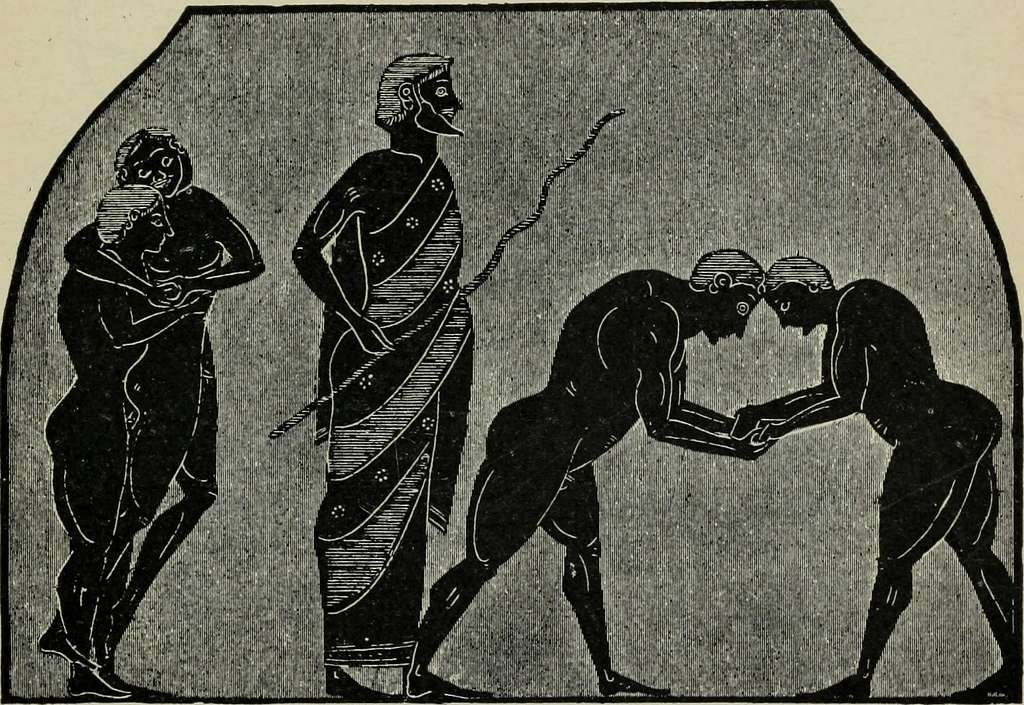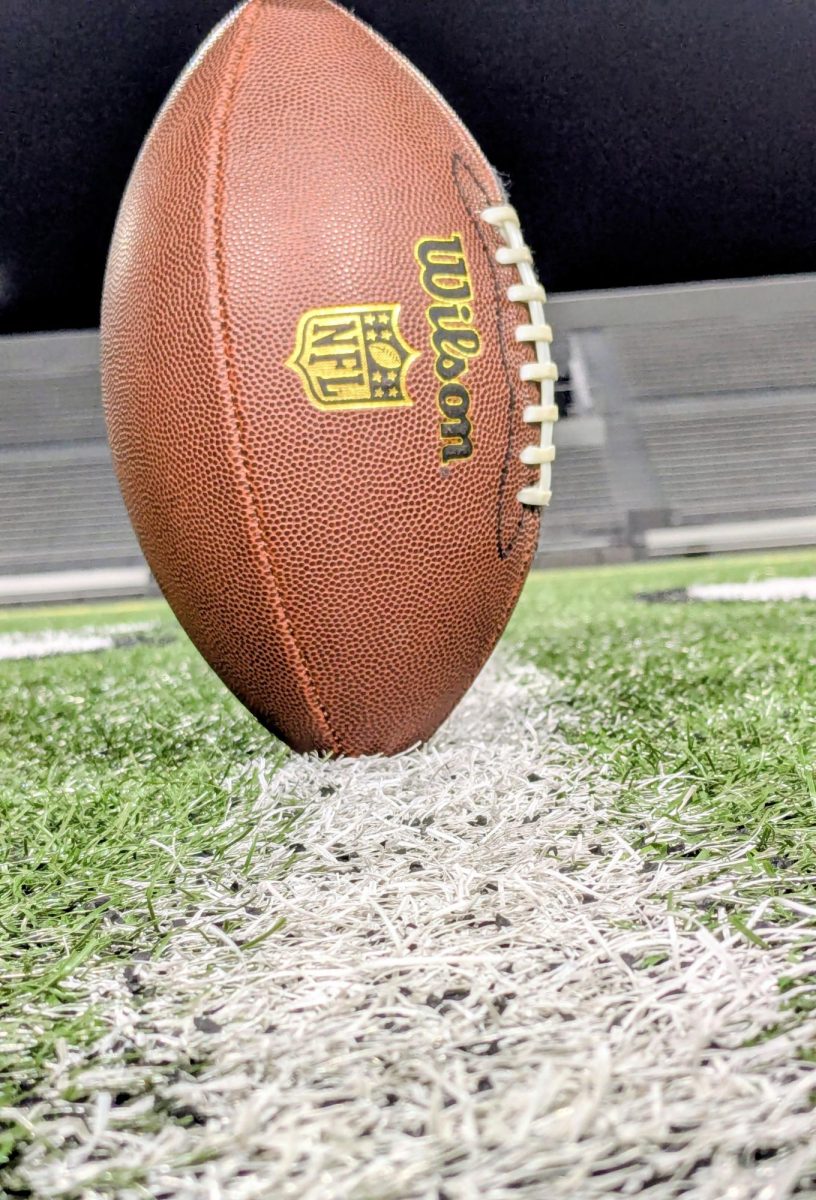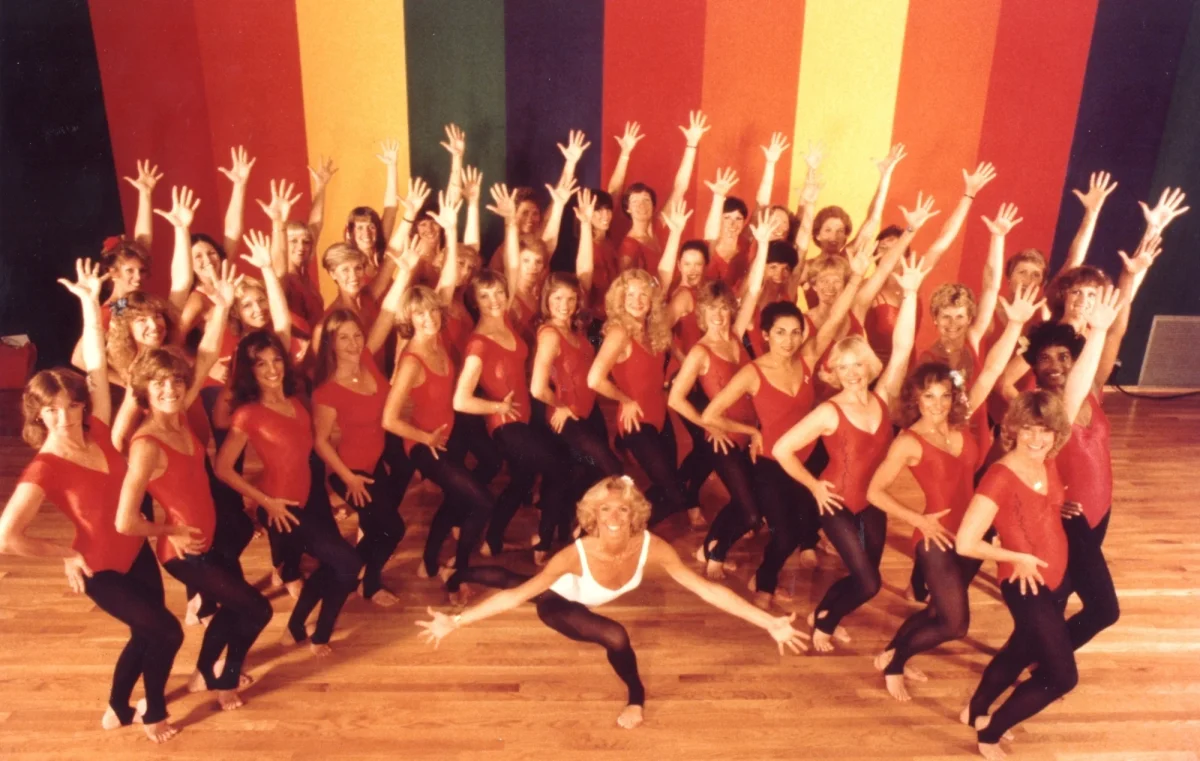Sports are an integral element in cultures all over the world. From pee-wee leagues to the NFL, school soccer fields to international teams, athletics act as a major contributor toward the entertainment of people across the globe. Where though, were many of society’s favorite events originated? Likewise, to many of humanities’ innovations, Ancient Greco-Roman traditions are likely responsible for influencing these games and the competitive nature with which they are played. This may seem unlikely as many people recall ruthless fighting ‘to the death’ when they hear of Roman sport. However, as it stands, many of the sports they practiced almost identically reflect the games we know so well today.
One example of this is, according to UNRV Roman History, “Roman boxing, known as pugilatus, was a popular sport with its own set of rules and equipment. By the 1st century BC, boxing had evolved into a well-established sport, with fighters wrapping their hands in leather straps for protection and to increase the impact of their punches.” It is important to note that boxing was not an original sport to Rome, but rather was a combination of, according to The University of Pennsylvania’s Discentes, “…both the Greek and Etruscan versions.” While the basic principles of the sport (throwing punches and trying to knock out the opponent) are reflected in both the Roman and present-day versions of boxing, the intensity has dwindled significantly over the years. Today there are many rules and regulations, such as banned moves and weight classes, that were not restrictive to the unmerciful art of boxing that kept the Romans entertained.
In addition to boxing, wrestling is another sport that has transcended time, remaining in the spotlight over the course of several thousand years. The technique itself has not changed much since its practice in Ancient Rome and Greece, though the rules have altered slightly. History’s “7 Sports of Ancient Greece” states, “…wrestlers won a match by throwing an opponent three times,” and like with boxing, weight classes were not established at the time.
Like physical sports, ball games were also popular within these societies. One specific example is harpastum (to the Romans), or episkyros (to the Greeks), which the Discentes labels as “…the ancient equivalent of rugby.” The game consisted of two teams whose players could intercept the ball, or tackle whomever might be holding it, in order to stop the other team from scoring by passing their opponent’s baseline. The rules for this sport seem to almost directly resemble those of rugby and football, making it another ancient influence on the modern world of sports.
Lastly, in light of analyzing the similarities of ancient and modern sports, the Olympic games must be discussed. According to Penn Museum, “From 776 BC, the Games were held in Olympia every four years for almost 12 centuries.” Some however, believe that the Greek tradition may have begun in as “…early as the 10th or 9th century BC.” It is noteworthy however, that the games have not continued to run since then. They originally concluded in 393 AD, taking a 1503 year hiatus. The museum states, “The first modern Olympics were held in Athens, Greece, in 1896.”
While both versions of the Olympics revolve around the skills and strengths of athletes, the ‘qualifications’ for participation have vastly changed over time. Nowadays, only the most exclusively talented athletes in the world are invited to participate in the Olympic games, but in Ancient Greece the definition of ‘athlete’ was a bit different. The Penn Museum states, “…evidence suggests that there were no amateur athletes in ancient Greece, but there were no professional athletes either, for there was no distinction between the two categories, all were simply athletes.” This essentially means that anyone who wished to participate was likely able to, there being no trials or specific skill sets required for initial entry.
While societal standards, resources, and industrialization have had a major impact on the way our world operates today, it is often interesting to delve back into society’s roots. We mistakenly assume that civilizations like Ancient Rome and Greece were filled with nothing but intense, ‘to-the-death’ challenges and war, but they took part in many of the activities we enjoy today. Next time you are enjoying a bit of wrestling, boxing, or perhaps rugby, consider that someone was playing the same game thousands of years ago.






